When luxury retail shuts down, where do you turn for that special fix? Apparently, as discussed below, the online secondary market is thriving… for now.
Whether we need to scratch a shopping itch is a matter of personal debate. However, there is no doubt that COVID-19 has turned life around. People all over the world are (with variability) sheltering in place, working from home, shopping from home, and avoiding contact with others. All but the most essential businesses are shut. Designer houses including Hermès, Chanel, and Louis Vuitton shuttered production facilities and retail outlets.
As a result, the only place to shop for luxury goods is online. Despite what you might otherwise think, this has been great news for the luxury handbag secondary market. Consumers not only have more time to shop, but many are continuing to buy high end luxury items online.
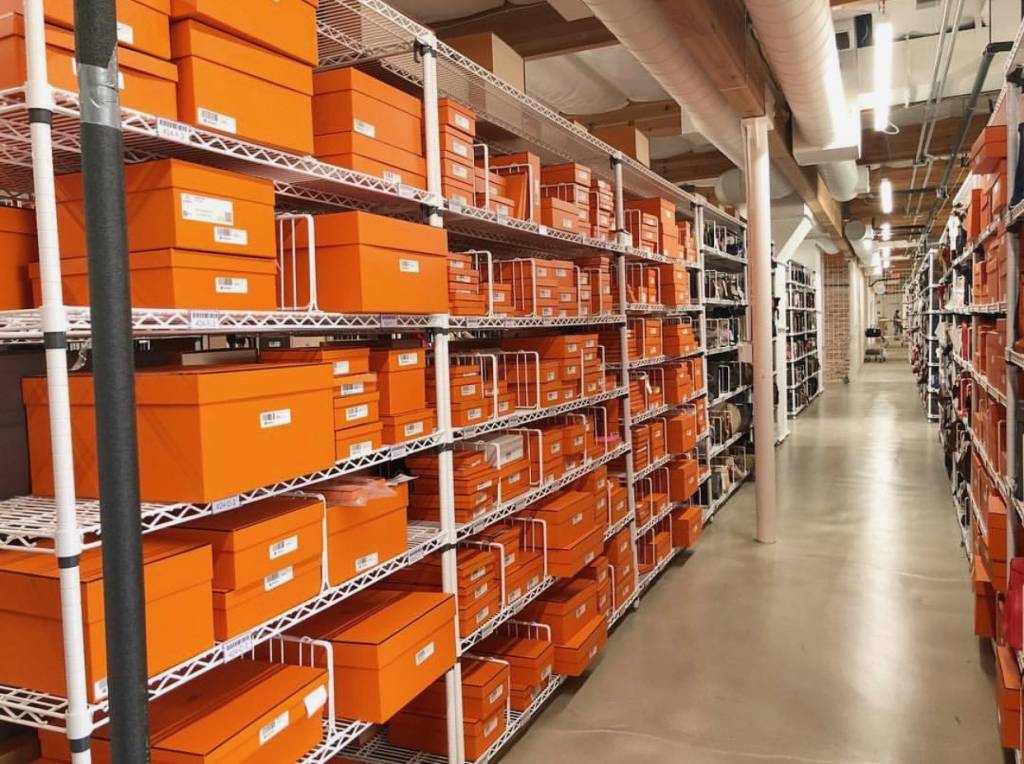
Hermès shelves at Fashionphile.
Luxury Shuts Down
We are about seven weeks into the closure of all luxury businesses in France and the United States. As Pursebop previously reported, Hermès, Chanel and LVMH closed their retail stores and factories in mid-March and turned their factories into hand sanitizing plants (read: Update: Hermès, Chanel and Louis Vuitton are Shutting Down).
To no one’s shock, the luxury business took a hit. Hermès released its first quarter earnings report last week and surprisingly reported only a 7.7% decline (due to strong leather goods sales in Q1). Other luxury brands such as LVMH reported double digit declines closer to 15%. Hermès expects next quarter earnings to be significantly lower due to the shutdown, although with its stores in China and Korea now open (and doing quite well), it is possible that their losses may be diminished (read: Even In A Global Shutdown, Hermès Leads the Luxury Industry).
Shutdown Effect on the Secondary Market
In normal times, Birkins and Kellys fare well on the secondary market. Of course, how well depends upon on condition, color, leather, hardware, etc (read: How to Determine the Resale Value of your Hermès Bag). What is surprising is that these items continue to sell above retail prices even during this pandemic. Bloomberg News surmised that pre-owned Hermès and Chanel bags appear to be “virus-proof.” The evidence: prices and volume of sales remain stable on at least part of the secondary market.
Not surprisingly, resellers with brick and mortar stores saw sales decline in the United States. After all, their stores were shuttered. For example, The RealReal reported a 40% plunge in sales during the second week in April and expects a first quarter loss. It cut payroll expenses by 15% and furloughed 15% of employees working stores and online. Interestingly, The RealReal began as an online-only business and recently expanded to include an in-store experience. Whether that continues, remains to be seen.
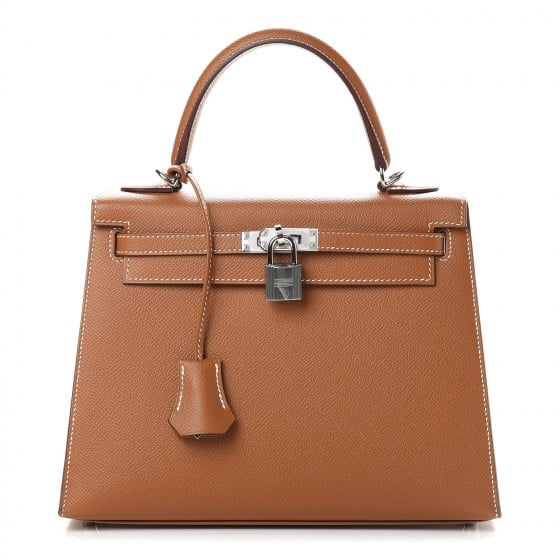
HERMES Epsom Kelly Sellier 25 Gold via Fashionphile
On the other hand, according to Business of Fashion, many secondary luxury websites experienced a surge in buying in April. Rebag reported more sales in late April than during Black Friday last year.
Online “luxury consignment” purveyor Ann’s Fabulous Finds tells Pursebop that, although overall sales are lower now, high-end luxury purses such as the Kelly and Birkin are selling as well as they did pre-crisis. Operations Manager Troy Babcock compared the pandemic to the economic downturn during 2008: “Our customers’ demand for Hermès is surprisingly inelastic and we appreciate their passion.”
Similarly, BJ Luxury, an luxury bag reseller out of Singapore, tells Pursebop business has not really changed. Demand continues to be high for Hermès premium models and mini sizes. It also experienced a significant increase in followers online, as it expanded its social media presence.
Other online resellers remain present and active on Instagram and other social media. They also are not suffering an economic downturn (yet). Certainly, some consumers used this time at home to re-evaluate circumstances and many have scaled back on their luxury shopping. Still others though, choose to indulge desires to obtain the next holy grail bag. Or, perhaps, money saved by the forced elimination of travel, dining and other entertainment is rerouted to luxury handbags. Whatever the case, top luxury bags are selling in the secondary market.
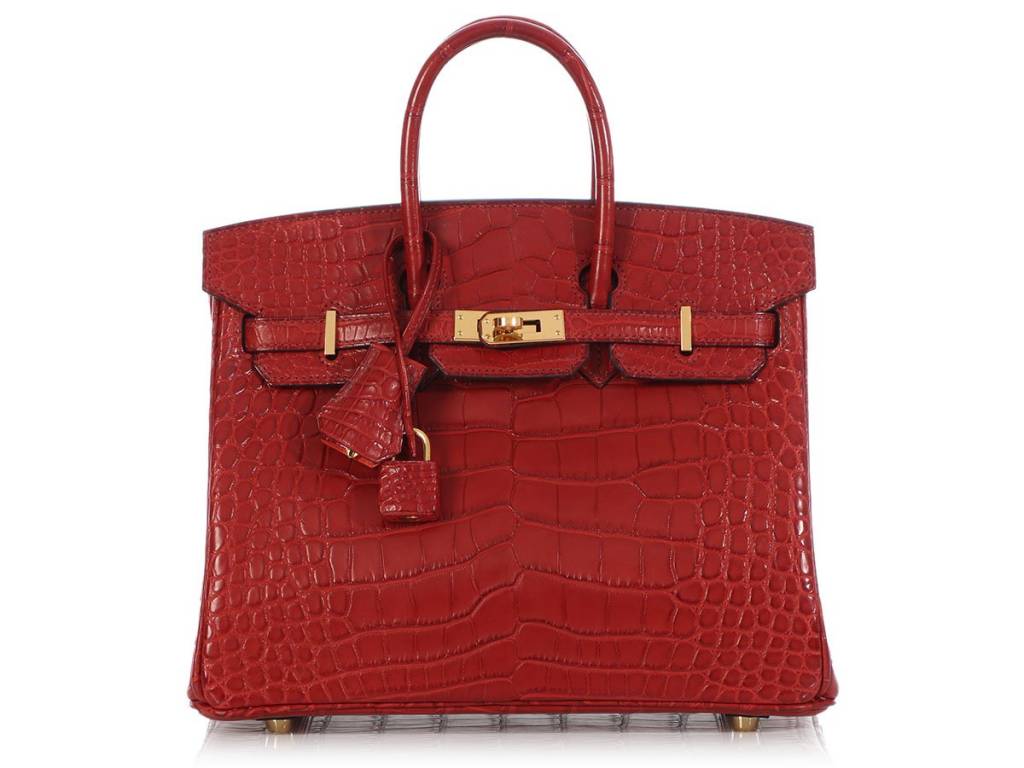
HERMÈS Rouge Matte Alligator via Ann’s Fabulous Finds
An interesting corollary to this is the question of supply. Even as some have more time to web surf while sheltering in place, how will the secondhand market restock. As consumers continue to buy, for example, Birkins and Kellys, demand for these items increases. For resellers, the challenge remains securing enough premium bags to satisfy the demand. For collectors, this might be a good time to assess your present day collection and determine if there are any Birkins or Kellys you may want to sell on the secondary market (read: Dear PurseBop: When and How Should I Rehome a Bag)
Reopening the World
Once the stay at home orders are lifted around the world, the luxury houses likely will see an initial surge in buying (read: Hermès Store in China Made a Record $2.7 Million in their First Day Open Post-Coronavirus). which would help the economy begin to heal. However, even if the online secondary market emerge relatively unscathed, the retail luxury houses probably will not be as fortunate. Consumers will need time to assess their “new normal” lifestyle, whether it is continuing to work at home, curtailing or eliminating social events, and re-evaluating spending habits.
Of course, there’s also the question of who and when will we venture to stores and malls. Remember, Hermès does not sell its Birkins and Kellys online. Nor does Chanel sell any bags online (read: Should Chanel Finally Consider Selling Online).
How will you create or maintain relationships with Sales Associates from afar? If stores deliver the bags to you curbside, how do you examine and approve the bag beforehand. So many questions about how life and shopping will change.
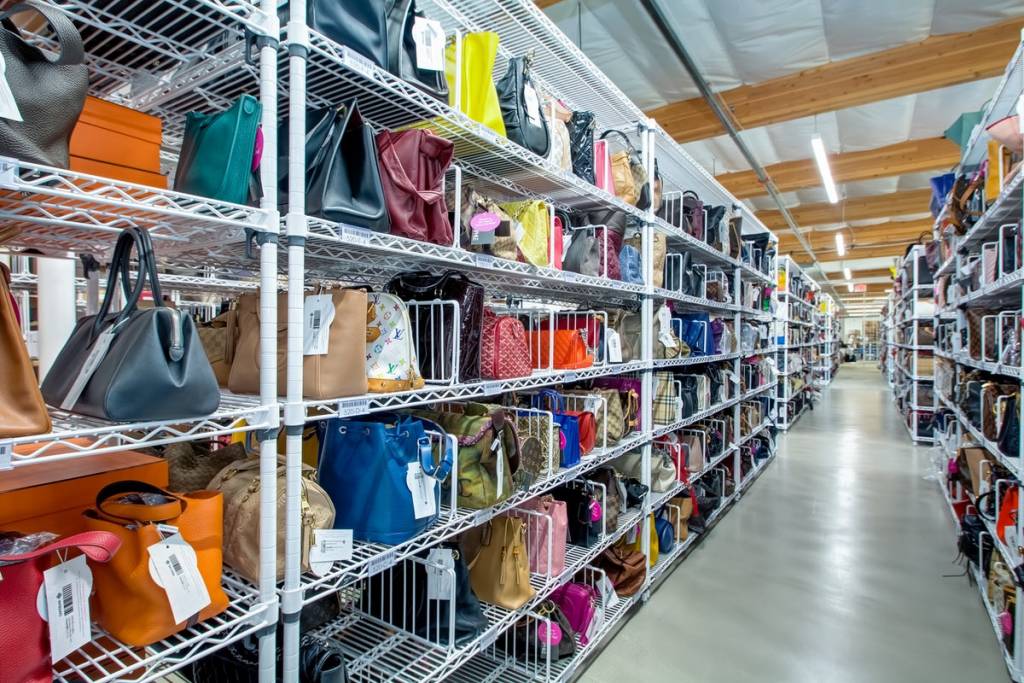
Fashionphile aisles, photo via BoF.
Furthermore, our preferences may change. After the 2008 recession, for example, tastes shifted. Fashion trends moved toward minimalism. According to Business of Fashion, in times of hardship, logo heavy luxury items tend to be replaced by more understated pieces.
Additionally, after the economic crisis, consumers favored luxury items known to maintain a higher resale value. This is good news for Hermès and Chanel as they maintain their resale value better than any other designer.
As shopping habits change and if the economy falters, the resale market may be an attractive option over traditional retail.
Regardless, one thing we can agree on: life will certainly look different post-COVID 19. We will keep you posted.
Love, PurseBop
XO
Updated: May 6th, 2020




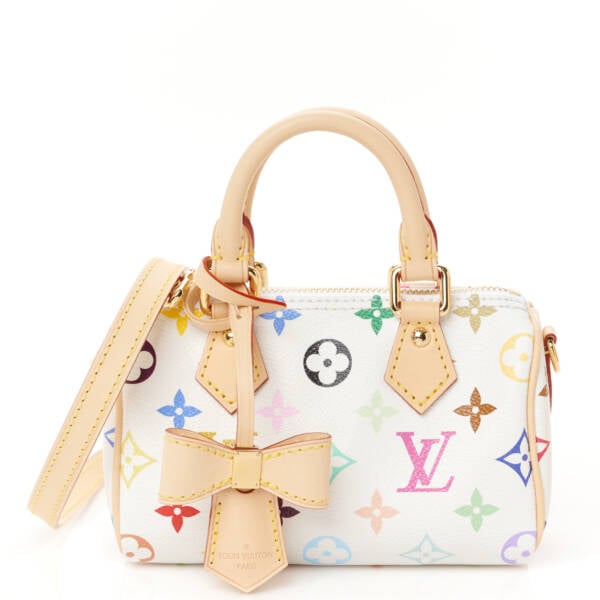
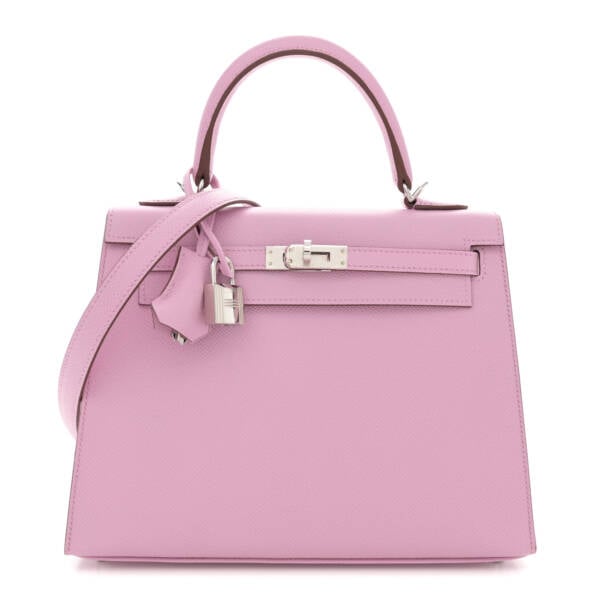
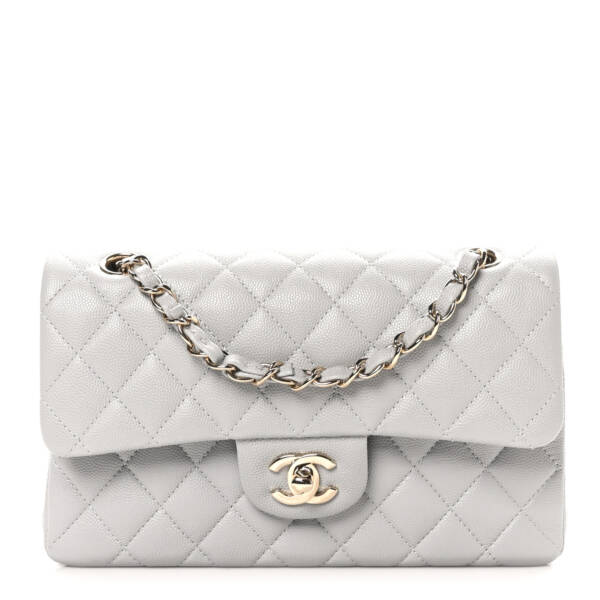
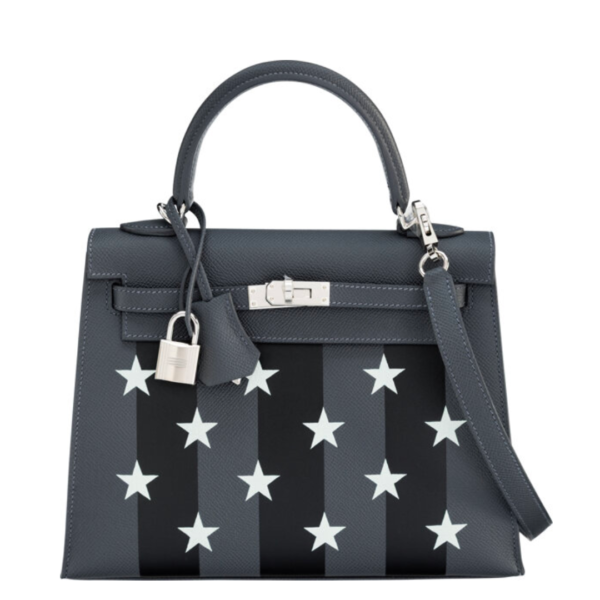


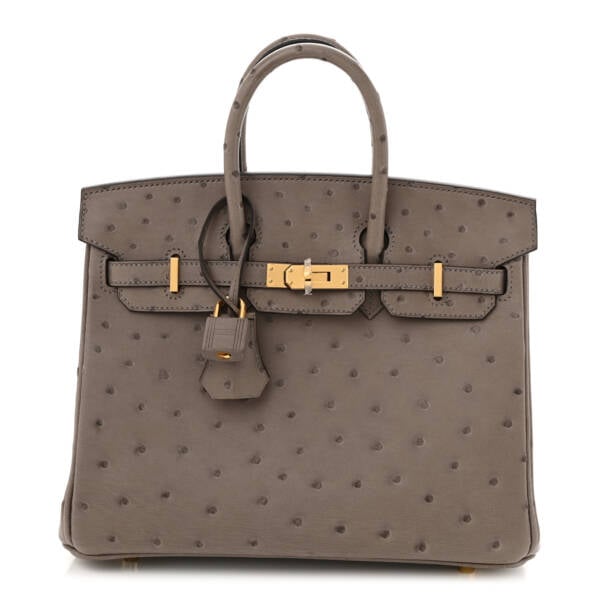
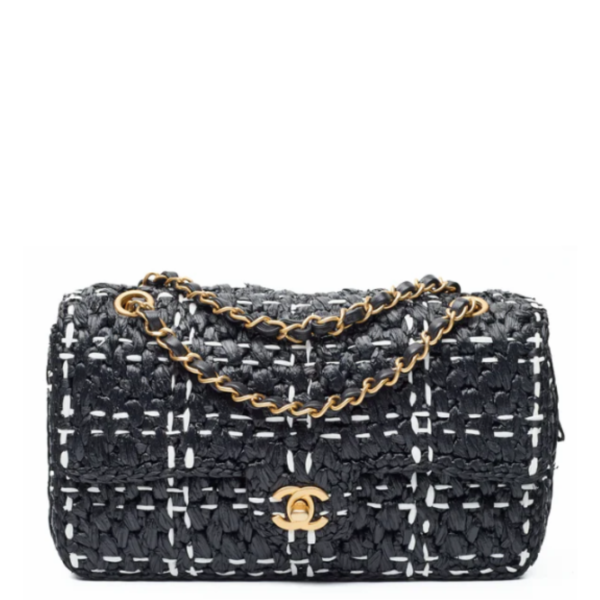
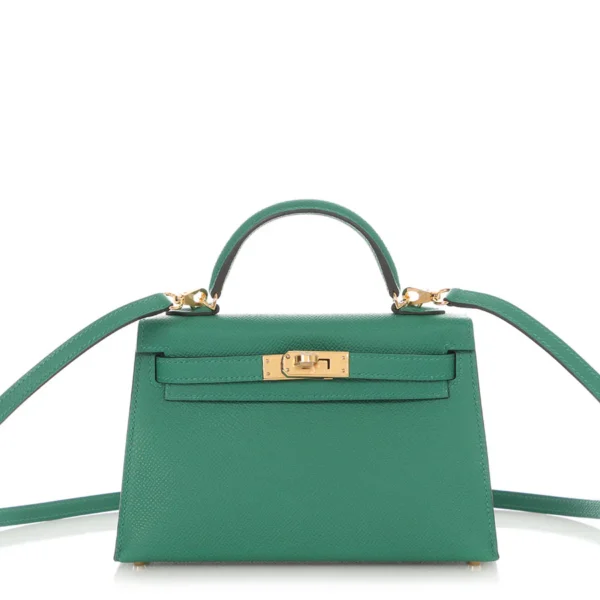
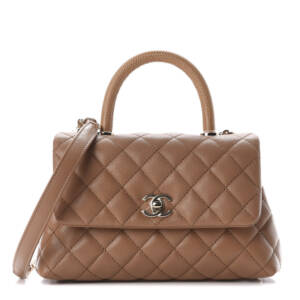
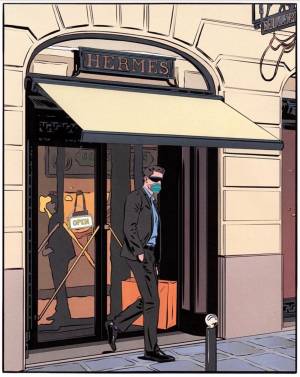
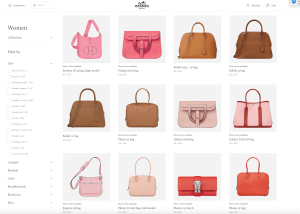
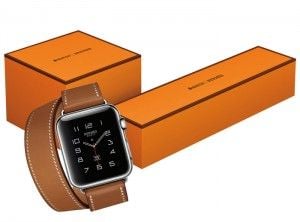



Comments